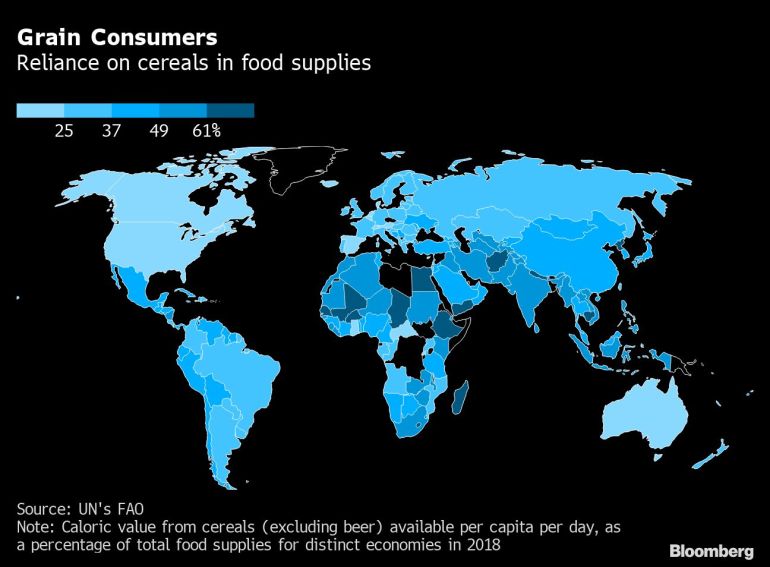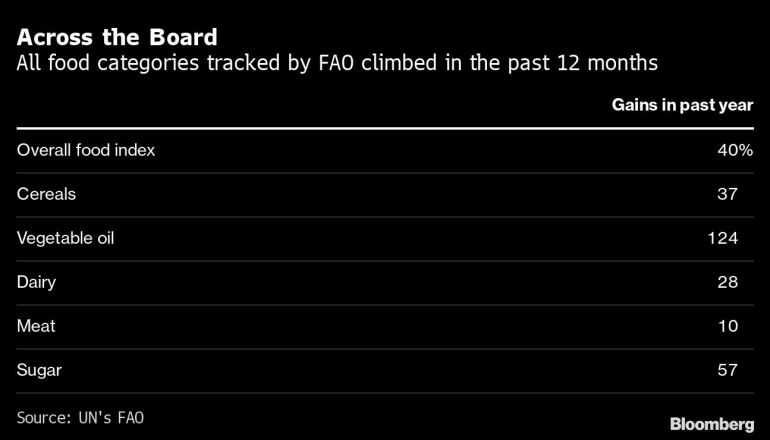The African Court on Human and Peoples’ Rights at its 61st Ordinary Session have elected Lady Justice Imani Daud Aboud from the United Republic of Tanzania as President for a two-year term.
She takes over from Justice Sylvain Oré from Côte d’Ivoire who has completed his tour of duty.
A brief profile of Justice Aboud obtained by the Ghana News Agency at Tema indicated he was elected as Judge of the African Court in July 2018. She holds Master of Laws (Malta) and Bachelor of Laws (University of Dar es Salaam). Justice Aboud is Judge of the High Court of Tanzania in Dar es Salaam.
She has held several key positions, including; the post of the Assistant Director in the President’s Office (Public Service Management) and the State Attorney.
She has represented the Government in various international human rights conferences, seminars and workshops and was also involved in making periodic reports on Human Rights to UN and other monitoring bodies such as the African Commission on Human and Peoples’ Rights.
Justice Aboud is a Member of important regional bodies such as the Board of Directors of the International Association of Women Judges, Advisory Board of Southern African Development Community, and Citizen for Justice based in Malawi.
Others include: Member of the Monitoring Team assigned by the United Nations Mechanism for the International Criminal Tribunal, Arusha, Tanzania, on 1994 Rwandan genocide cases.
Justice Aboud has also served as a Vice Chairperson in the Independent Review Electoral Commission (IREC or Krigler Commission) in Kenya. The Commission was formed to facilitate the work of the Panel of Eminent Personalities under the leadership of the late Kofi Annan, former UN Secretary General.
The Commission’s responsibility was to review the 2007 election process in Kenya. Justice Aboud has extensively participated as an expert in various local judicial and human rights committees and institutions.
The African Court also elected Justice Blaise Tchikaya from the Republic of Congo as the Vice-President; who takes over from Justice Ben Kioko from Kenya, this was made known to the Ghana News Agency at Tema.
Justice Tchikaya’s brief profile available to the Ghana News Agency shows that he was elected Judge of the African Court in July 2018 for a six-year term.
He is a Professor and Senior Lecturer in international public law, international litigation procedures and human rights in the Inter-American system and in African Union laws in various European, Caribbean and African Universities.
He studied at the Marien N’Gouabi University of Brazzaville and later pursued further studies in France and obtained the Advanced Studies Diploma (DEA) in Public Law.
In 1992 he obtained ‘’First Class Honors’’ for his Doctorate in International Public Law at Paris X-Nanterre University supervised by Professor Alain Pellet.
In 2005, he received Pro Facultate Jurisprudentia Medal of Miskolc University (Hungary). After receiving his CAPA (Certificat d ’Aptitude de la Profession d’Avocat) in Paris, he practised from 2000 to 2006.
Justice Tchikaya is registered by Organisation Pour l’ harmonisation en afrique du droit des affaires (OHADA) since 2002 and holds a “Habilitation to direct research, HDR”.
Justice Tchikaya was elected member of the African Union Commission on International Law (AUCIL) at the Assembly of the African Union in 2009. In the same year, he became the first President of AUCIL.
He was also the Special Rapporteur on the “Misdeeds of the Trans-Atlantic Slavery against Africa from the perspective of International law” (les méfaits de l’esclavage transatlantique sur l’Afrique du point de vue du droit international”).
Justice Tchikaya is author of many articles in international public law and published many books, including; International Law Jurisprudence 1922 – 2015, which is currently in its seventh edition.
He also published in 2004 a reference book on the African Union titled “African Union Law: Principles, Institutions and Jurisprudence”.
GNA








